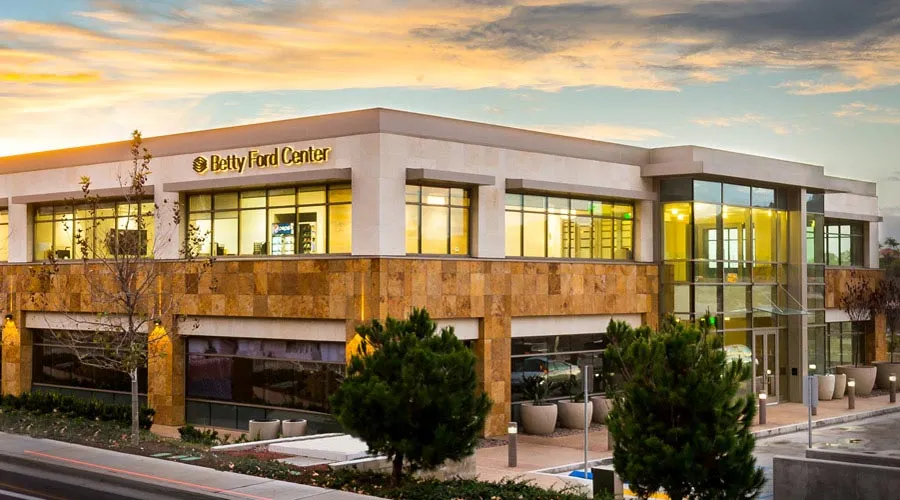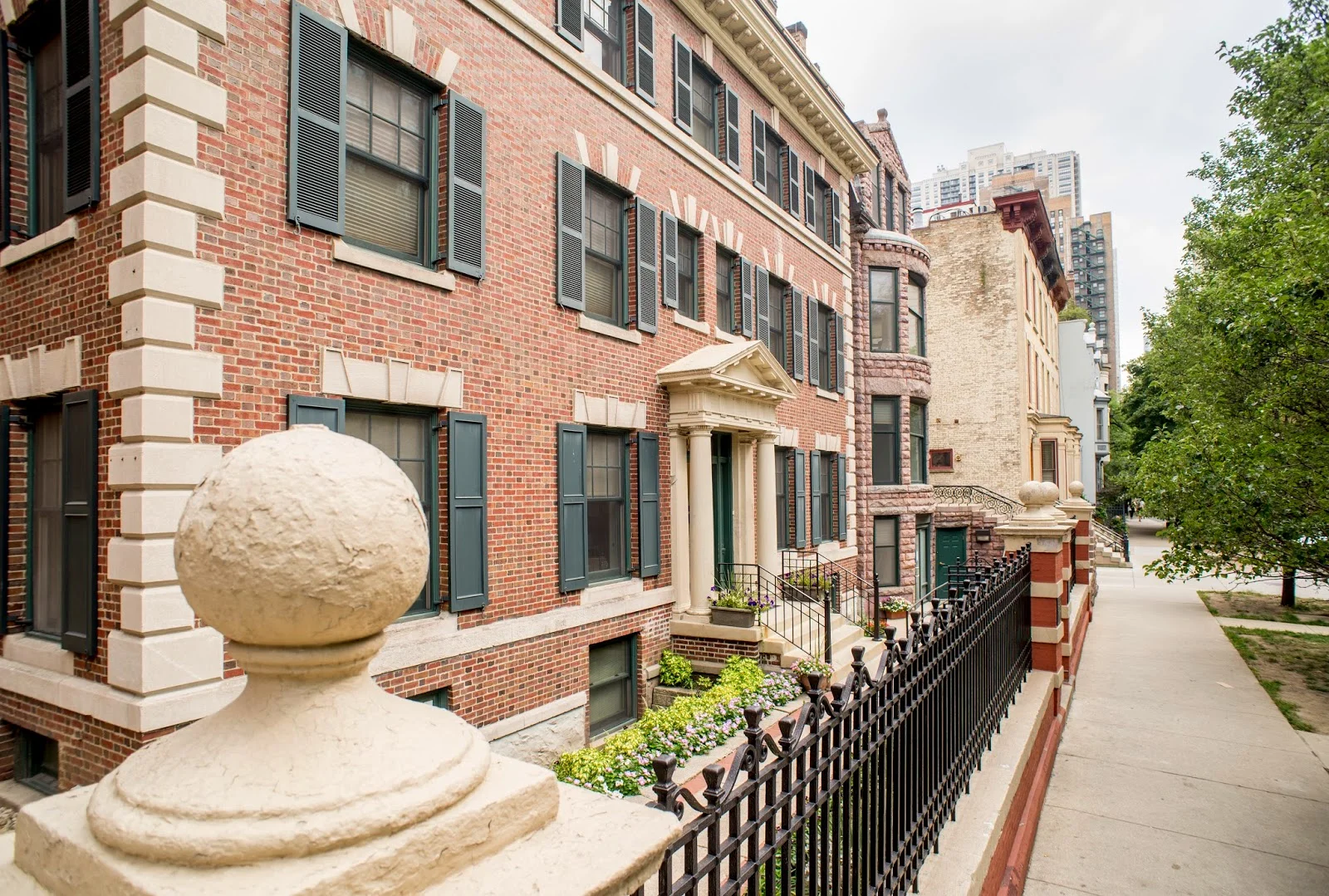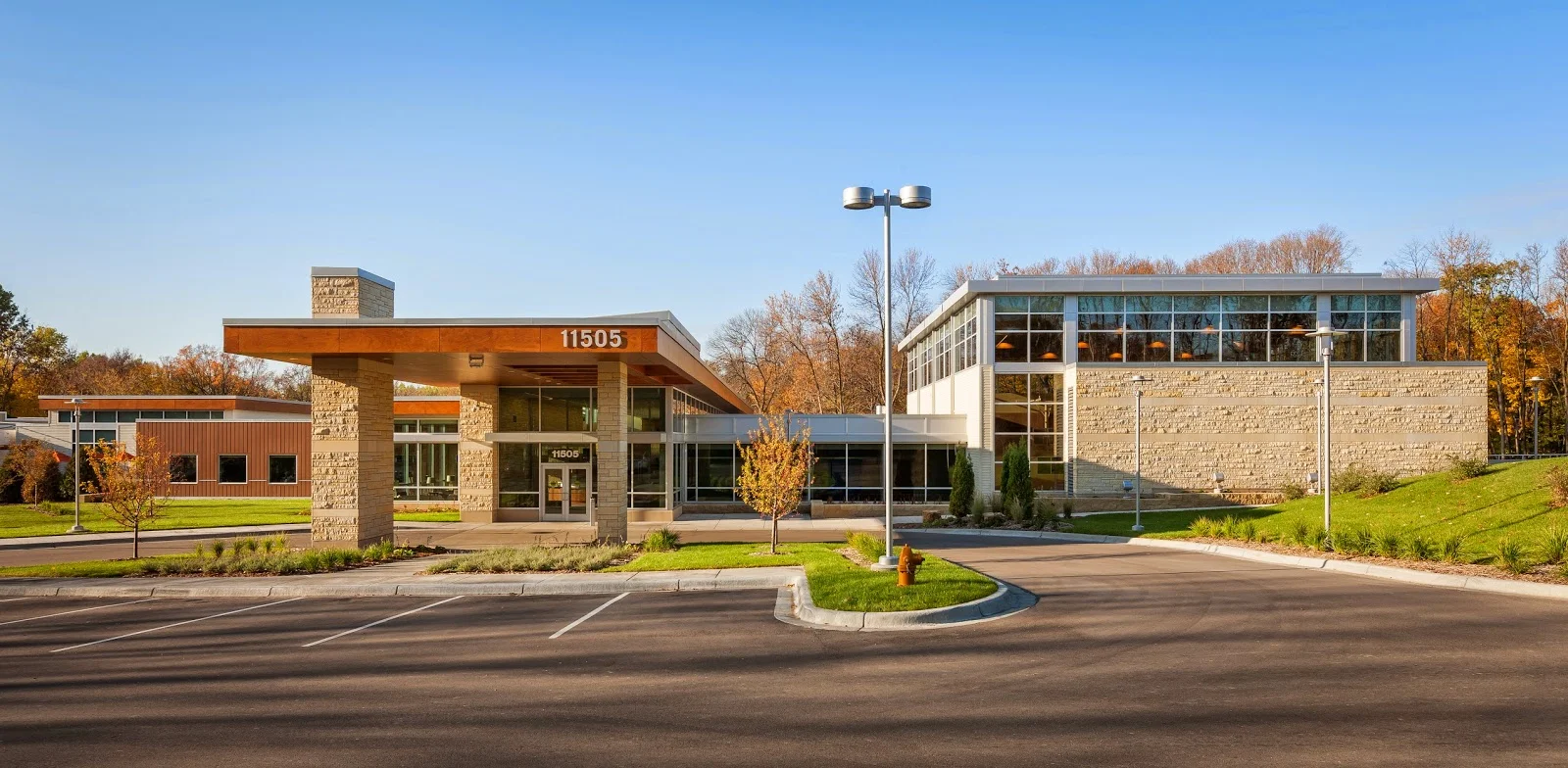The Hazelden Betty Ford Foundation offers a wide variety of treatments for co-occurring illnesses, mental health issues, and drug and alcohol recovery. It is based in Chicago, Illinois. This prestigious clinic treats adults, adolescents, and families, providing a comprehensive and integrated approach to therapy from the time of first diagnosis to continuing support for recovery.
The Hazelden Betty Ford Foundation provides a wide range of services, including as telemedicine treatment, crisis intervention, intensive outpatient programs (IOP), regular outpatient programs (OP), partial hospitalization programs (PHP), and aftercare services. Every program is made to cater to the specific requirements of the customers, guaranteeing efficient and individualised treatment. The 12-Step model serves as the foundation for the treatment strategy, and young adults, the elderly, those with hearing impairments, and LGBTQ+ people may access extra specific services.
The facility has a range of amenities, such as a gym and other recreational spaces, to enhance the well-being of its clients. A variety of therapeutic approaches are used with clients, such as dialectical behavior therapy (DBT), acceptance and commitment therapy (ACT), individual, group, and family counseling, as well as motivational interviewing. To improve the healing process, the facility also provides complementary therapies including massage, creative arts therapy, meditation, and experiential therapy in addition to these research-backed therapies.
The Joint Commission has certified the Hazelden Betty Ford Foundation, demonstrating its dedication to upholding the best possible care and standards for addiction and mental health treatment.
Hazelden Betty Ford Foundation Information
Treatment
Who We Treat
- Midlife Adults
- Male and Female
- LGBTQ+
Treatment Focus
- Alcohol
- Co-Occurring Disorders
- Drug Addiction
- Evidence-Based
- Trauma
Approaches
- Minnesota Model
- Evidence-Based
Conditions We Treat
- Trauma
- Anxiety
- Codependency
- Depression
- Stress
Substances We Treat
- Alcohol
- Benzodiazepines
- Chronic Relapse
- Heroin
- Cocaine
- Methamphetamine
- Marijuana/Cannabis
Languages
- English
Aftercare
- Intensive Outpatient Program
- Aftercare Group Therapy
- Support Meetings
Level of Care
- Outpatient
Accreditations
-
NAATP
The National Association of Addiction Treatment Providers (NAATP) accreditation for addiction and behavioral health is a recognized and respected certification that signifies a treatment center's commitment to delivering high-quality services in the field of addiction and behavioral health. It serves as an assurance of compliance with industry standards and best practices, ensuring that individuals seeking help receive effective and ethical care. Accreditation from NAATP demonstrates a facility's dedication to maintaining rigorous standards, fostering accountability, and prioritizing the well-being and recovery of its clients.

-
The Joint Commission
The Joint Commission, previously known as JCAHO, is a nonprofit organization that accredits rehabilitation organizations and programs. Established in 1951, its mission is to enhance the quality of patient care and showcase excellence in healthcare delivery.

-
SAMHSA certification for opioid treatment program (OTP)
SAMHSA's Opioid Treatment Programs (OTPs) accreditation is a rigorous recognition process that signifies an OTP's commitment to providing high-quality care for individuals dealing with opioid use disorders. It assures patients, families, and the community that the program adheres to evidence-based practices, employs qualified staff, and maintains a safe treatment environment. This accreditation is a symbol of quality and accountability, offering confidence in the program's ability to support individuals on their path to recovery from opioid addiction.
-
State department of health
Government agencies issue State Licenses, granting rehabilitation organizations permission to operate their businesses lawfully within specific geographic regions. The specific licenses needed for legal operation are typically determined by the type of rehabilitation program offered by the facility and its physical location.

Additional Locations
Hazelden Betty Ford Foundation Accepts The Following Insurance Plans
Find the best treatment options. Call our free and confidential helpline today!

















